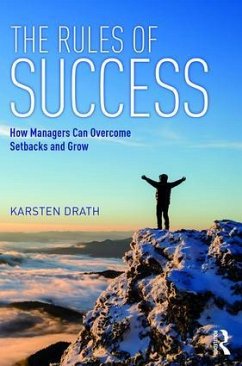
Hacker Culture and the New Rules of Innovation
Versandkostenfrei!
Versandfertig in 1-2 Wochen
50,99 €
inkl. MwSt.
Weitere Ausgaben:

PAYBACK Punkte
25 °P sammeln!
The hacker framing in this book clarifies the strategy and intent behind the signature methods employed by startup entrepreneurs-agile development, design thinking, and lean startup method, as well as, the cognitive, behavioural, and affective components of the mindsets required for these techniques to bear fruit. This is the realm of culture. Understanding startup entrepreneurship through the lens of hacker culture sheds light on the leadership style required to lead self-organising teams in startup and corporate settings. This roadmap is for business leaders and entrepreneurs who want to bui...
The hacker framing in this book clarifies the strategy and intent behind the signature methods employed by startup entrepreneurs-agile development, design thinking, and lean startup method, as well as, the cognitive, behavioural, and affective components of the mindsets required for these techniques to bear fruit. This is the realm of culture. Understanding startup entrepreneurship through the lens of hacker culture sheds light on the leadership style required to lead self-organising teams in startup and corporate settings. This roadmap is for business leaders and entrepreneurs who want to build organisations driven by innovative teams, and who are looking for frameworks to acheive this.














